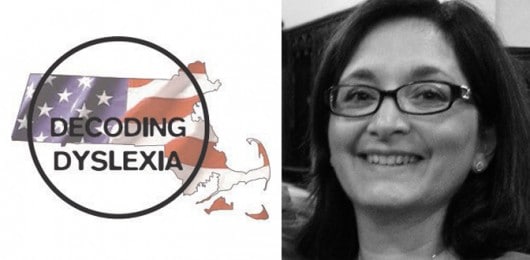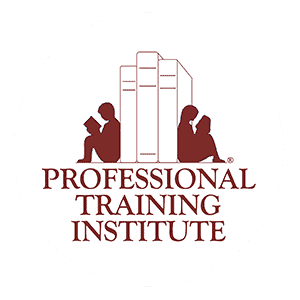Time & ADHD
Brendan Mahan, M.Ed., MS.2021-10-07T07:10:04+00:00There is seemingly never enough time. There’s always more to do, and ostensibly fewer hours in which to get those things done. For a person with Attention Deficit Hyperactive Disorder, this is especially true. And that’s because of the unique relationship that exists between the ADHD brain and time. The ADHD brain processes time differently than a neurotypical brain. It is “time blind.” Everyone experiences occasions when a minute doesn’t feel like a minute, and an hour doesn’t feel like an hour. Sometimes the minutes stretch into eternity, and other times an hour can seem to disappear in a flash. This stretching [...]














